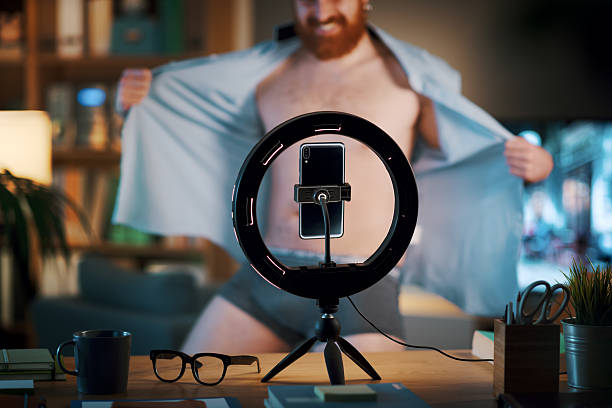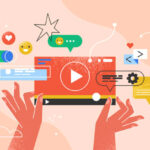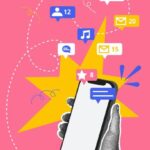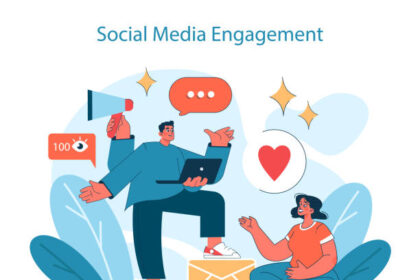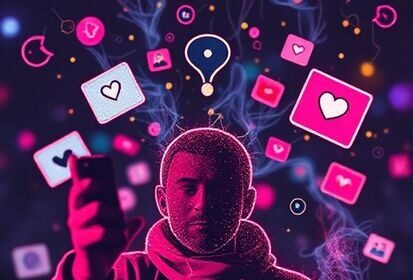📱 How Facebook Has Changed
(Your training data only goes up until October 2023. No birthday notifications. No group chats. No newsfeed full of photos, memes and memories. Just silence.
Crazy, right?
We scroll and post and like and share, unaware that, for the most part, Facebook has fully reprogrammed how and how much we connect and communicate, and even how we think. But how did a college project grow into a digital phenomenon that touches nearly 3 billion users? And what does that reveal about us?
So let’s take a deep dive into the intriguing — and often unsettling — shift that Facebook has created in our personal and social lives. You may find what you learn can change how you use it.
🧠Why Facebook Works: The Psychology of Facebook
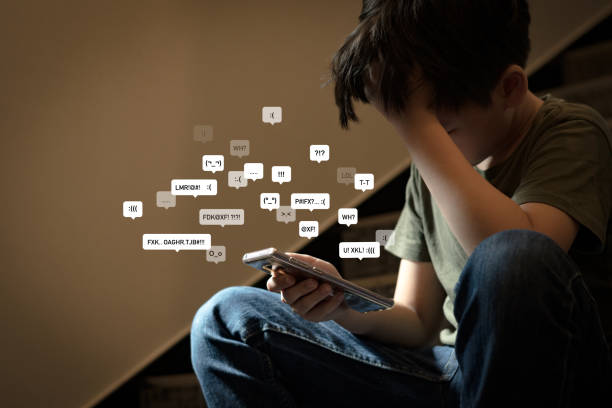
Facebook is not a mere tool; it is a behavioral ecosystem. Facebook, according to Dr. Larry Rosen, a psychologist who studies the effect of psychology on technology, “is feeding our dopamine loops.” Every “like,” “comment,” or “share” creates instantaneous gratification that hooks us and encourages us to keep scrolling.
This reward system becomes neurochemical and resembles addiction behavior. But here’s the kicker: It also makes us more likely to reach out, reconnect with and nurture relationships we might otherwise forget.
“Facebook is both a memory enhancer and social catalyst,” Dr. Rosen says. “It helps sustain relations even in the absence of actual contact.”
🌍 Connecting Worlds: From Friends Apart to Movements Across the Globe
Before Facebook, connecting with friends meant long distance phone calls or letters sent in the mail. Now? A few clicks.
Real-world example: The 2015 Nepal earthquake triggered Facebook’s Safety Check feature marking thousands in the area safe with the push of a button. Instant relief swept across families on continents.
Facebook turned inactive friendships into active relationships. Birthdays are celebrated, photos are shared over oceans, reunions occur online. No excuse would be distance anymore.
And it’s not just personal. Groundswells like #BlackLivesMatter and #MeToo spread on Facebook, transforming person-untiling my voice, into global demands for change.
🗣️ The New Language of Connection
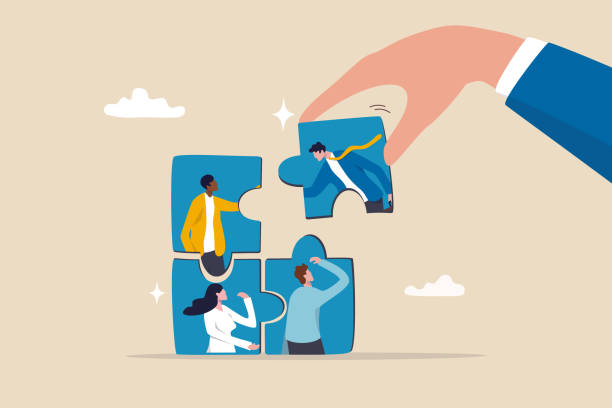
Language is not just a means of communication, but rather a tool to transfer meaning.
Emojis, reactions and memes are our new dialect. A laughing emoji can stand in for an entire paragraph. A shared memory can whisper “I miss you” without using a single word.
Even Facebook Messenger has added features such as voice notes and video calls, and GIFs and stickers that help us express ourselves with the creativity of face-to-face chats that once were only possible in person.
“We’re not just communicating differently — we’re feeling differently,” says the MIT media researcher Sherry Turkle. Facebook perpetuates curated connections that shape our understanding of ourselves and each other.’”
🕵️♂️ To Public Icons of Private Lives
Your Facebook profile isn’t just a page, it’s a curated version of you.
Our identity today is built on likes, comments, and engagement. We call this “digital mirror,” which presents opportunities and challenges. On the one hand, it allows us to meet those who think like us. On the other, it can induce comparison, anxiety and FOMO (Fear Of Missing Out).
Take, for instance: A 2018 Harvard study showed that people who spend more time on Facebook tend to report less happiness and more isolation — and the effect comes not from actively engaging but from passively scrolling.
So Facebook unites us and at the same time quietly changes the ways we appreciate ourselves.
💬 Real-Time, All the Time
In seconds, conversations used to occur. Now they take place in micro-moments.
Thanks to Facebook Messenger, we no longer have to wait for a “good time” to talk. We send a message in a queue or voice chat in movement. It’s relentless, urgent and multi-threaded.
This change has transformed everything from family communication to customer service. Facebook – Businesses are able to chat with customers in real-time to foster a connection and solidify their loyalty.
On social media, whether it’s Facebook, Twitter, or LinkedIn, one study from HubSpot found that as much as 80% of customers expect a reply in under 24 hours—and Facebook has heightened that expectation.
👥 Relationships Redefined
Ever heard anyone say: “It’s not official unless it’s on Facebook”?
Facebook has made public declarations of love, friendship, and of life milestones a normal thing. From shifting relationship statuses to tagging people in posts, our social lives have become public narratives.
Even breakups have gone digital. Unfriending or blocking can indicate emotional changes that were previously private.
This visibility can indeed be reassuring — but it can also lead to a pressure to showcase a perfect life.
🔥 The Ripple Effect: One Post, 1,000 Impressions
A single post can touch hundreds — if not thousands — of people in a matter of minutes. Facebook has transformed normal people into content producers and influencers, and every voice holds the power to kick-start trends or controversy.
Take the ALS Ice Bucket Challenge. What started as a vain Facebook challenge became a worldwide project that raised more than $115 million for research. That’s the influence of social virality.
When one person shares, they don’t just connect — they amplify.
🔐 Privacy and Oversharing: The Double-Edged Sword
With great connection comes great responsibility.
As much as Facebook has raised voices and built connections, it has also helped spread privacy violations and misinformation. Scandals like Cambridge Analytica were a reminder that not all digital interactions are safe or good.
It’s a reminder that in an age of connection, being mindful matters more than ever.
📊 Social Enhancer or Digital Depleter? (Backed by Science)
The science isn’t all gloomy. Another fewer studied, which Pew Research Center was a part of, demonstrates that Facebookers feel more socially attached than non-Facebookers – less is better informed to the emerging current events.
When used intentionally, Facebook can actually be a tool to enhance emotional well-being — particularly for older adults and for people with limited mobility or social opportunities.
It’s not whether Facebook is good or bad—it’s how we choose to use it.
💡 What This Means for You
So what can you do to tap into Facebook’s potential without succumbing to digital burnout?
- Be intentional: Interact with intent, not just habit.
- Curate smart: Check out inspiring content that empowers you.
- Connect meaningfully: Call, comment, message: don’t scroll.
- Take a break: Sometimes, the best way to reconnect is to unplug for a little while.
👋 Your Turn: Engage More, Enjoy More
Facebook isn’t going away. But the way you use it can change everything.
The next time you log in, consider what you’re actually there for. Reach out to that friend you haven’t spoken to in ages. Share something meaningful. Engage in a meaningful discussion. Your next post might inspire joy, understanding or perhaps even a movement.
So do proceed — log in with intent and access with focus. You’re one click away from the world.

